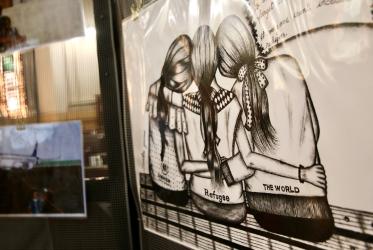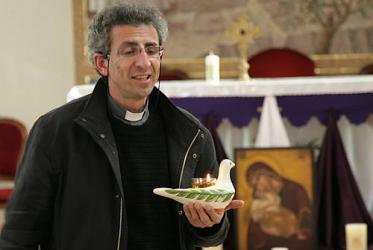Displaying 1 - 10 of 10
Peacemaking “a great and compelling life task”
09 December 2017
We are called to work on a peace built on trust, not power
04 August 2017
Israeli occupation puts strain on Palestinian Christians
02 April 2009







